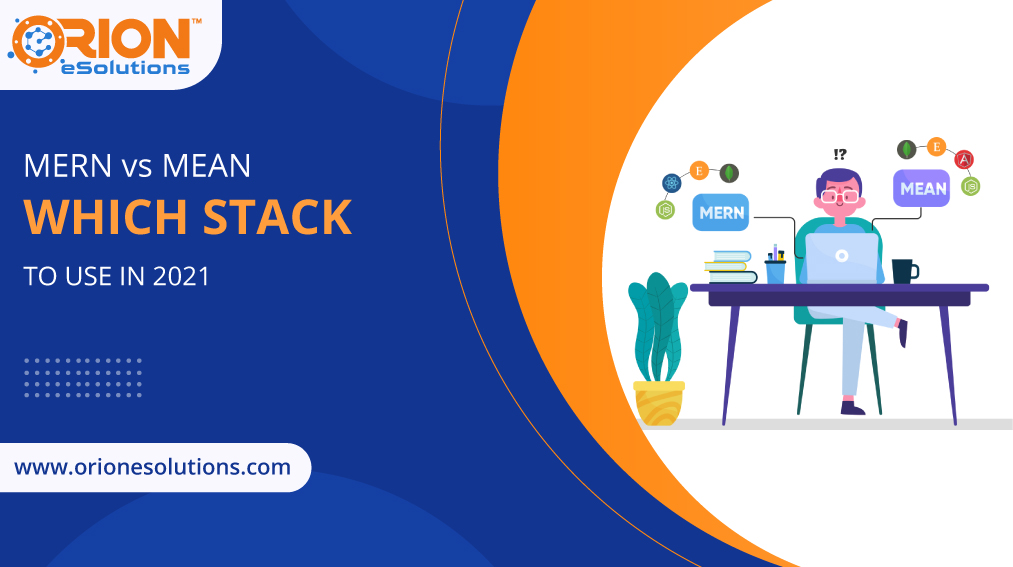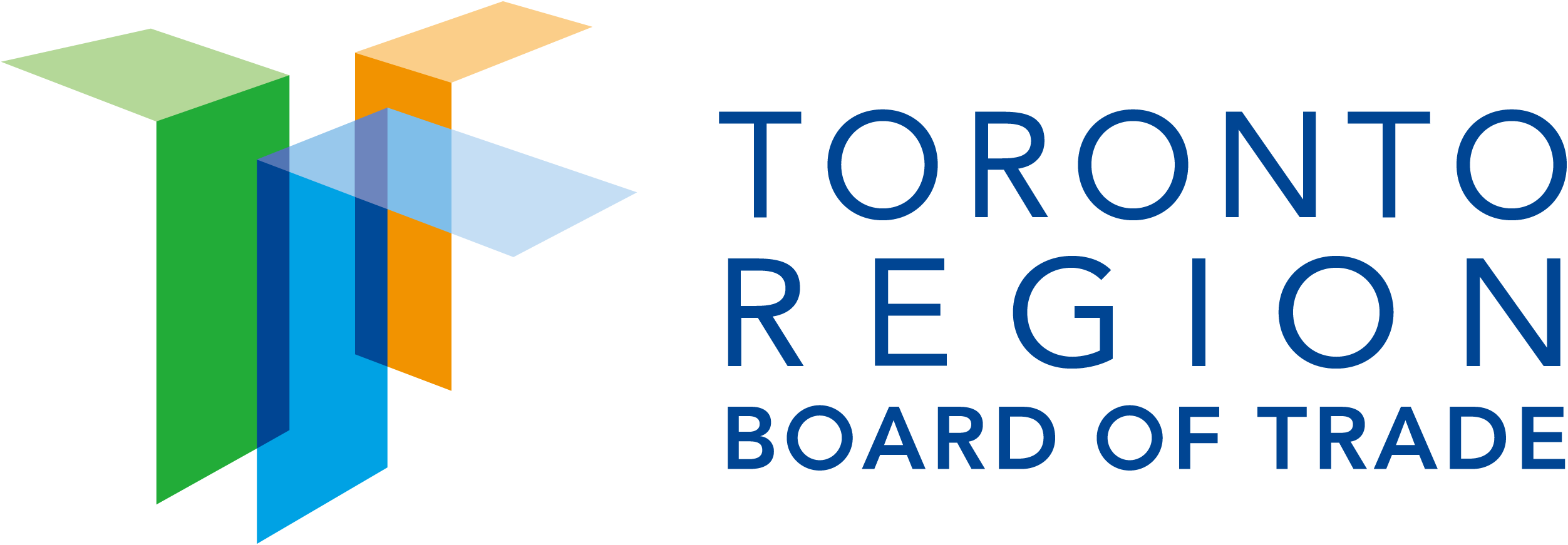Both MEAN and MERN are full stack frameworks with Java coded components. The difference is that MEAN uses Angular JS while MERN uses the React JS developed by Facebook. Both aids developers to make reactive and intuitive UI. To understand which stack is the better one, we need to understand the underlying differences between them.
DIFFERENCES BETWEEN MEAN AND MERN
- MEAN: Components include Mongo DB, Angular JS, Express, and Node.
MERN: Components include Mongo DB, React JS, Express, and Node. - MEAN: JavaScript development stack.
MERN: Open source JavaScript library. - MEAN: Uses Typescript language.
MERN: Uses JavaScript and JSX. - MEAN: Copnent based architecture.
MERN: None. - MEAN: Regular DOM.
MERN: Virtual DOM. - MEAN: Steep learning curve.
MERN: Better documentation. - MEAN: Bidirectional data flow.
MERN: Unidirectional dataflow.
Both tech has high class features and immense functionality. The slight upper hand that MERN enjoys is in the learning curve. MERN is easier to grasp because the learning curve differs between Angular JS and React JS. Let us take a deeper dive into the benefits of MEAN and MERN stacks to understand the power of each of these stacks fully.
BENEFITS OF MEAN AND MERN
MEAN STACK
- All types of applications can be developed easily.
- Various plug ins and widgets have compatibility with this stack. For development that has a stricter time frame, this comes in handy.
- The functionality skyrockets due to the availability of plug ins.
- Developers enjoy community support since the framework is open source.
- Real time testing is possible with the built-in tools.
- A single language is used for back end and front end. This increases coordination and gets applications to respond faster.
MERN STACK
- Front end and back end are covered by a single coding script.
- The entire process can be completed using only JAVA and JSON.
- Seamless development through the MVC architecture.
- Real time testing through built-in tools.
- Runs on an open source community and the source code can be easily modified.
According to Hacker Rank development skill report, 30% of developers went with Angular JS while 26% stayed with React JS. The report also mentions that 30% of the programmers wanted to learn React JS and 35.9% of developers prefer to develop using React JS, thus MERN stands slightly above MEAN when it comes to popularity.
As far as we know, in terms of ease of understanding and popularity, MERN is at the forefront now. Let us take a detailed comparison to understand who will win the race in 2021.
MEAN vs MERN : A DETAILED COMPARISON
Scalability, Security: Both MEAN and MERN are equally secure. However, in terms of scalability, MERN is at the forefront.
- MVC: For enterprise level apps, a complete architecture needs to be maintained. MEAN is the better option for this.
- UI: For an advanced and simple UI, MERN is the go-to stack. MERN facilitates user interaction.
- CRUD: For CRUD (create, read, update, delete), MERN is the ideal stack. The React JS handles data changes quickly and has a good user interface as well.
- Support: The Angular JS in MEAN supports HTTP calls and unites the back-end. Enterprise level app development will require third party.
- libraries. On the other hand, React JS improves functionality through its supplementary libraries. MEAN scores slightly above in this section.
MEAN enhances the experience through the use of third party extensions while MERN would require additional configurations to do this.
In aspects of the learning curve, UI, scalability, and CRUD, MERN stack scores more than MEAN stack. However, in the aspects of community support and MVC MEAN stays ahead. In terms of security both are at par. However, the application of the stacks depend entirely on the business needs.
MEAN is more affordable, and is the first choice for startups and SMEs. Switching between clients and servers is easier. For real time web apps, MEAN is definitely the best choice. In MERN, the Virtual DOM enhances user experience and gets the developer’s work done faster. A stable code is maintained by React JS due to a unidirectional data flow. For coding for Android and IOS using JavaScript, MERN is definitely the way to go.
TAKE AWAY
Companies like Accenture, Raindrop, Vungle, Fiverr, UNIQLQ, and Sisense among others use MEAN in their tech stacks. Brands such as UberEats, Instagram, and Walmart use MERN stack. Both the stacks provide an incredible user experience. Stability and scalability can be achieved with both stacks.
From this we can conclude that enterprise level projects require MEAN over MERN. MERN makes rendering UI simpler. Both are reliable for a quick front end development.
MEAN is good for large scale application. MERN is good for faster development of smaller applications.
At Orion we have an excellent team that can help you with all your MEAN and MERN stack development needs.









